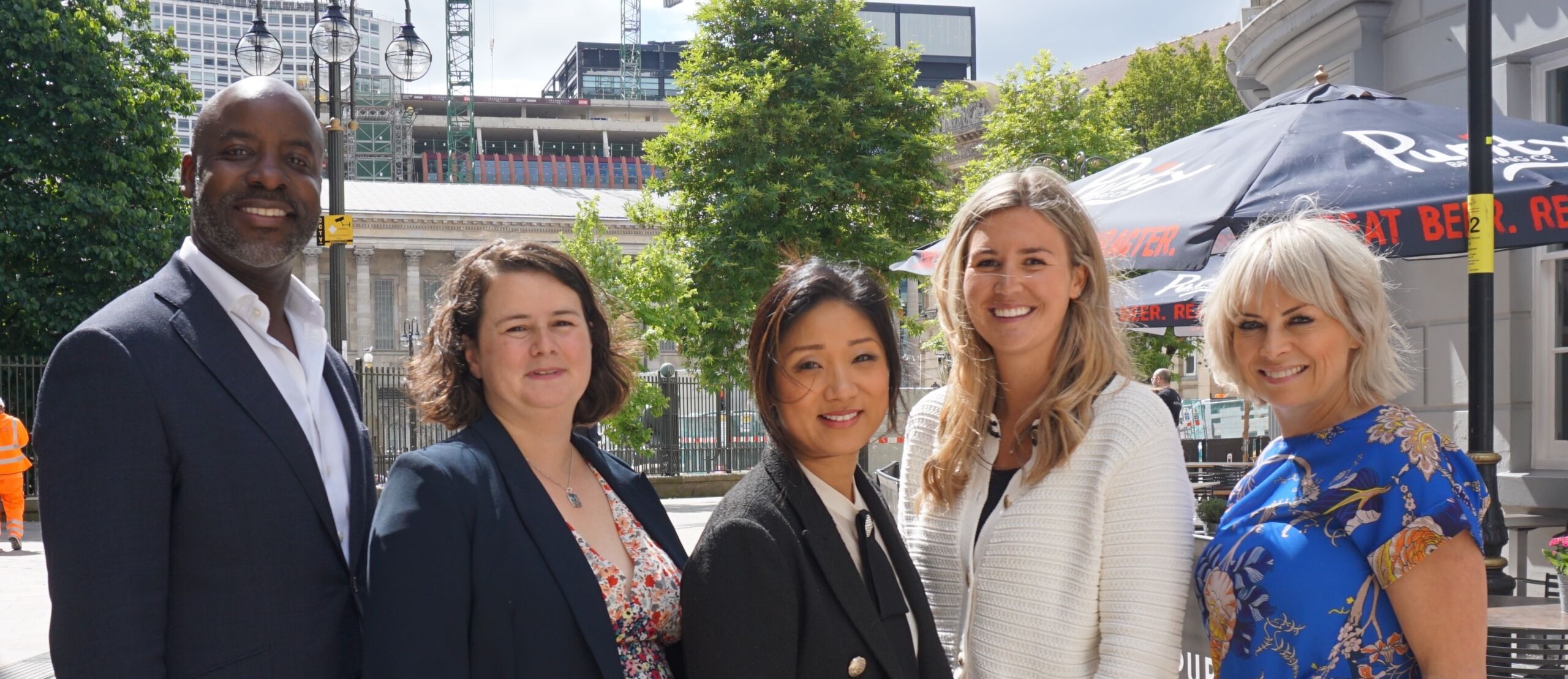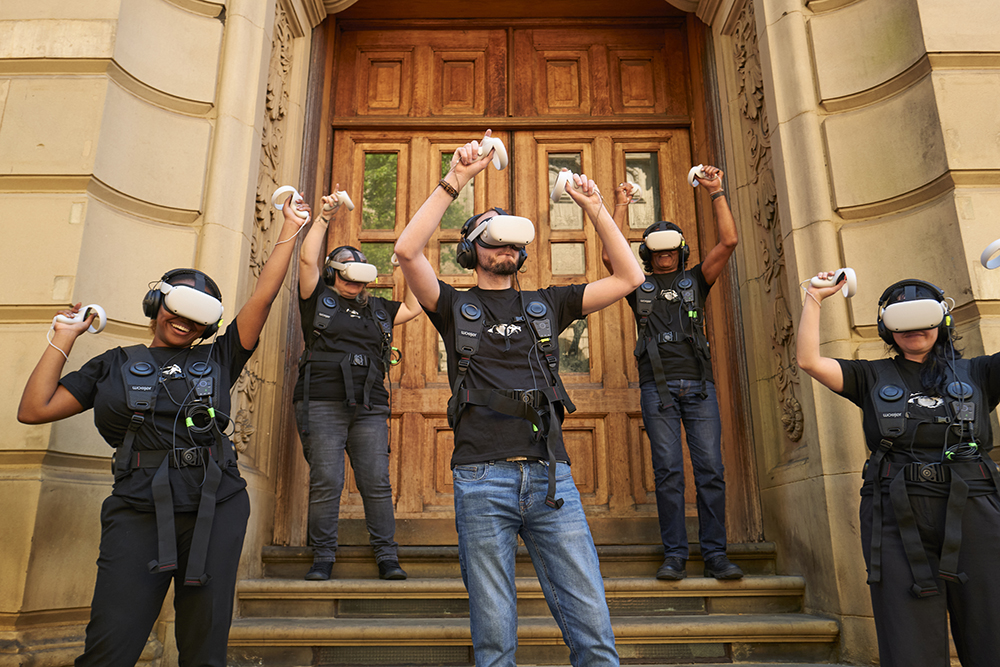Public Space Stranger Harassment: Impact on the Workplace
14 October 2022
Thrive, the highly respected gender-equality social enterprise, has recently published its ‘Stranger Harassment Business Case’. The report is designed to equip businesses with the tools to create safe spaces at work and ensure employees and senior leadership teams feel confident to take action to address this issue and protect the wellbeing and safety of staff.
The key findings are quite alarming:
- Over 80% of women 18 – 34 in the UK have experienced sexual harassment in a public space
- 66% of those who experienced stranger harassment at work experienced it within the last 12 months
- 45% of women who experienced harassment in a public space did not think reporting it would help
- Less than 50% of those who experienced stranger harassment at work reported the most recent incident to their employer. When asked why, respondents stated managers and supervisors dismissed the harassment altogether, or took no action even after multiple incidents.
- Worryingly many employees now accept harassment as ‘part of the job’.
Thrive defines Stranger Harassment as “[sexual] harassment perpetrated by people who are not known to the victim in public domains such as on the street, in stores, at bars or on public transport”.
Stranger Harassment is a high-frequency, widespread issue. The TUC polled over 4,500 workers and at least 50% who had experienced Stranger Harassment at work had been subject to that behaviour at least 3 other times.
Examples of Stranger Harassment include cat-calling or wolf whistling, being stared at, unwelcome touching, rubbing or groping, in-person comments or jokes, unwelcome sexual advances or requests for sexual favours, being physically followed and being indecently exposed to.
When these incident-types occur in the public realm areas it adversely impacts upon perceptions of public safety and increases the fear that such continued behaviour may lead to threats or use of more serious violence.
Building Trust & Confidence: Creating Safe Spaces at Work
Organisations may assume that Stranger Harassment is not a relevant issue for them to consider, given that many employees work in private offices, not public spaces. However, some staff have public-facing roles and in the course of their working day they can experience Stranger Harassment. Moreover, there is likely to be numerous times during the working day that ALL staff will enter the public realm to travel, attend external meetings, go for lunch etc and therefore become vulnerable to Stranger Harassment.
For those unfortunate enough to experience Stranger Harassment, the effect can be traumatic. It can adversely impact their mental health and perceptions of confidence & safety in the workplace’ potentially leading to loss of performance or increased levels of absenteeism.
The concern is that businesses may not have sufficient policies or guidance in place to address the issue of Stranger Harassment and/or Harassment in the Workplace. It’s critical that organisations are concerned about the impact on employees for the following reasons:
- Impact on employees wellbeing & safety – The effects on mental health, perceptions of confidence and safety both in and out of the workplace.
- Company reputation – Taking positive action to employee reports of harassment indicates how serious the company is about tackling the issue. Taking a positive approach appeals to customers, investors and helps with staff retention.
- Obligations to wider society – Accepting that the company has a part to play in tackling this societal issue challenges those who seek to cause harm to others for their own empowerment and/or sexual gratification.
- Building productive workplaces – Employee productivity and satisfaction is closely linked to emotional wellbeing. Happy, safe and confident staff are likely to be more productive and loyal.
- Legal duty of care to employees – Employers have statutory duties of care regarding the health, safety and wellbeing of their employees. To do this effectively employers must identify and mitigate risks through proportionate control measures and support mechanisms.
Colmore BID is committed to supporting our constituent businesses and businesswomen through the creation of a new Colmore Women’s Safety Forum. The key aim of this forum is to improve the safety of women working in the Colmore Business District by equipping them and their businesses with the tools, information and resources to tackle all forms of gender based violence, abuse and harassment.
One of the most important ways we will do this is through awareness raising. We know Stranger Harassment is a significantly under-reported issue. UK focussed United Nations research suggests over 95% of women who experience public space sexual harassment don’t report it. 55% didn’t think the incident was serious enough to report, and 45% didn’t believe reporting the incident would help. This is totally unacceptable. We must do all we can to improve the trust and confidence of those experiencing these forms of harassment to stand up and speak out; sending out a strong message that this behaviour is not acceptable or tolerated. We will also support our businesses with appropriate awareness training and provide them with the means to create suitable workplace guidance and policies.
Lastly, Thrive are inviting businesses to join their free Business Network and benefit from receiving individualised guidance, best practices, cutting-edge research, and connections to best-in-class implementing partners. Click here to complete the free registration form.











